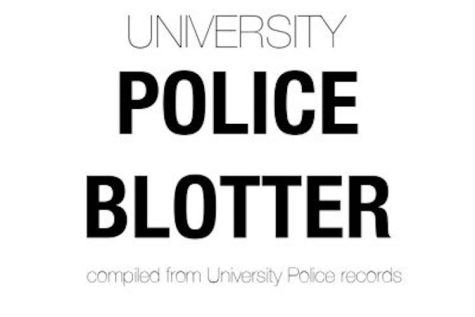Bookclub
How to write a book… according to Wikihow
As much as I love to read, there is a not-so-small part of me that enjoys the writing part of that whole book thing, too. While I’ve never tried to write a book before (I’m lying), it seems like a bucket list-worthy item and I’d like very much to check it off my list.
There’s no better time than the present. Forget all my homework, projects, part-time jobs, internships and graduate school applications I need to get done and turned in. What am I waiting around for?
This is what I thought to myself before I sat down at my desk, laptop out and shining, and realized I have no clue how to go about writing a book, let alone where to start.
That’s how I stumbled upon wikiHow’s page on “How to Write a Book.”
At first I went there ironically, expecting to find something detailing the wonders of electronic-reverse-osmosis or a yoga routine to get all the blood in your body to pool in your brain and fingers to produce the most profound and quality content.
What I found, however, was a three part article co-written by Grant Faulkner, a well known author and coordinator of National Novel Writing Month (or “NaNoWriMo” as the cool kids like to call it), and Christopher M. Osborne, a regular contributor at wikiHow.
The three sections covered how to stay focused and productive, how to create a good story concept and how to get it published. So far so good.
Have you ever wanted to author a book? Do you have any great ideas floating around in the ether that you need a little help getting it down on the page? Let’s see what wikiHow can do for us.
Part one: Actually doing the thing
The article starts off strong, recommending would-be authors to consider why they want to write a book in the first place — for fame? Glory? To fulfill a lifetime dream? To make absolutely no money but, hey, at least you wrote a book? These are all important questions to reflect on.
Their next piece of advice was to establish a workspace and daily routine where you can sit down, ideally every day, and write for a predetermined amount of time.
This is where I start to deviate from the path.
In reality, this is great advice. Consistency is key when it comes to these solo, creative adventures, especially when writing is only half the battle — utter despair and crippling self-doubt fulfilling the other halfpart.
The best way, in my humble experience, to get through those moments of unease is to write more, to write through it and just keep trekking onward. As pull-yourself-up-by-the-boot-straps as that sounds, sometimes that is what’s necessary to get the job done.
WHow can you worry about revision later before you have anything to, you need something to revise first.?
My issue is I give away that writing time to other aspects of my daily schedule, like doing homework, washing dishes and sleeping — all very important and necessary qualities of being a college student, and well, a human.
That affects the rest of the points Faulkner and Osborne lay out, items like setting goals and getting feedback. Turns out you can’t skip step three and expect to jump to 13 overnight. I might have to revisit step number one.
Part two: The story (no, not the Brandi Carlile song)
Now, I will have to admit, reading part two reminded me of sitting in Mr. Reese’s Honors English II class nearly six years ago, where he explained to us what a story arc is and then set us loose to write our first short stories.
(Little did he know, I was already fifteen chapters deep in my Wattpad story about two teenage spies for the U.S. government that may or may not have been based on a dream I had where I was thrown into the “Stormbreaker” universe alongside Alex Rider.)
Section two is useful if you like vague directions and a refresher on rising climax. If you’re a Creative Writing student, like moi, you probably blinked a few times before abandoning the article and all hopes of becoming a New York Times bestseller before graduation.
But I’m not giving up quite yet. After my very extensive, very journalistic research, I know what the next step is for me, and that’s finding the time. Oh joy.
Schutte can be reached at [email protected].

Grace Schutte is a fourth-year creative writing and Spanish student. This is her fifth semester on staff, having previously served as a staff writer, Chief Copy Editor, a freelance writer, Currents Editor, and now as the OP/ED Editor. She is currently daydreaming about living softly. She is very content.



